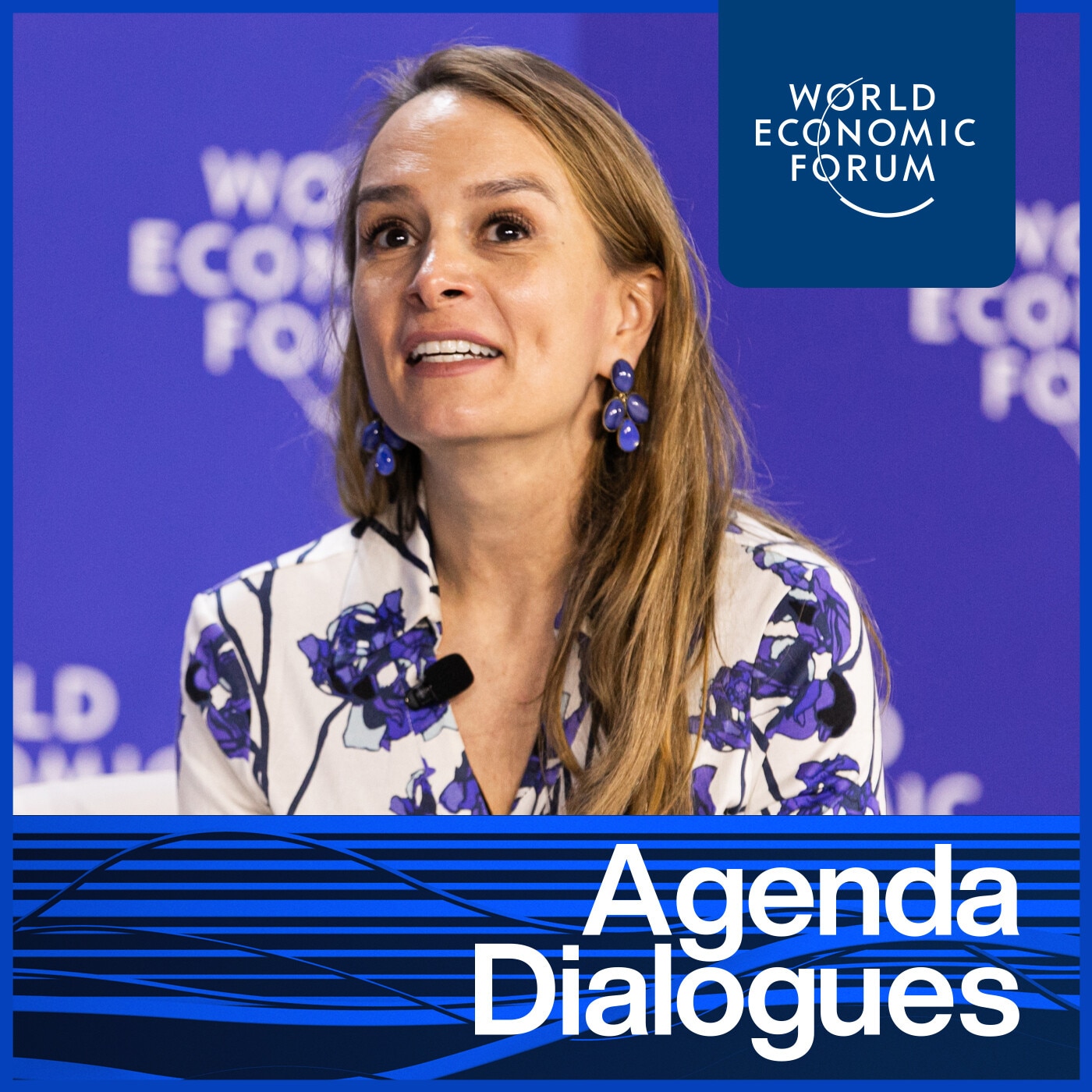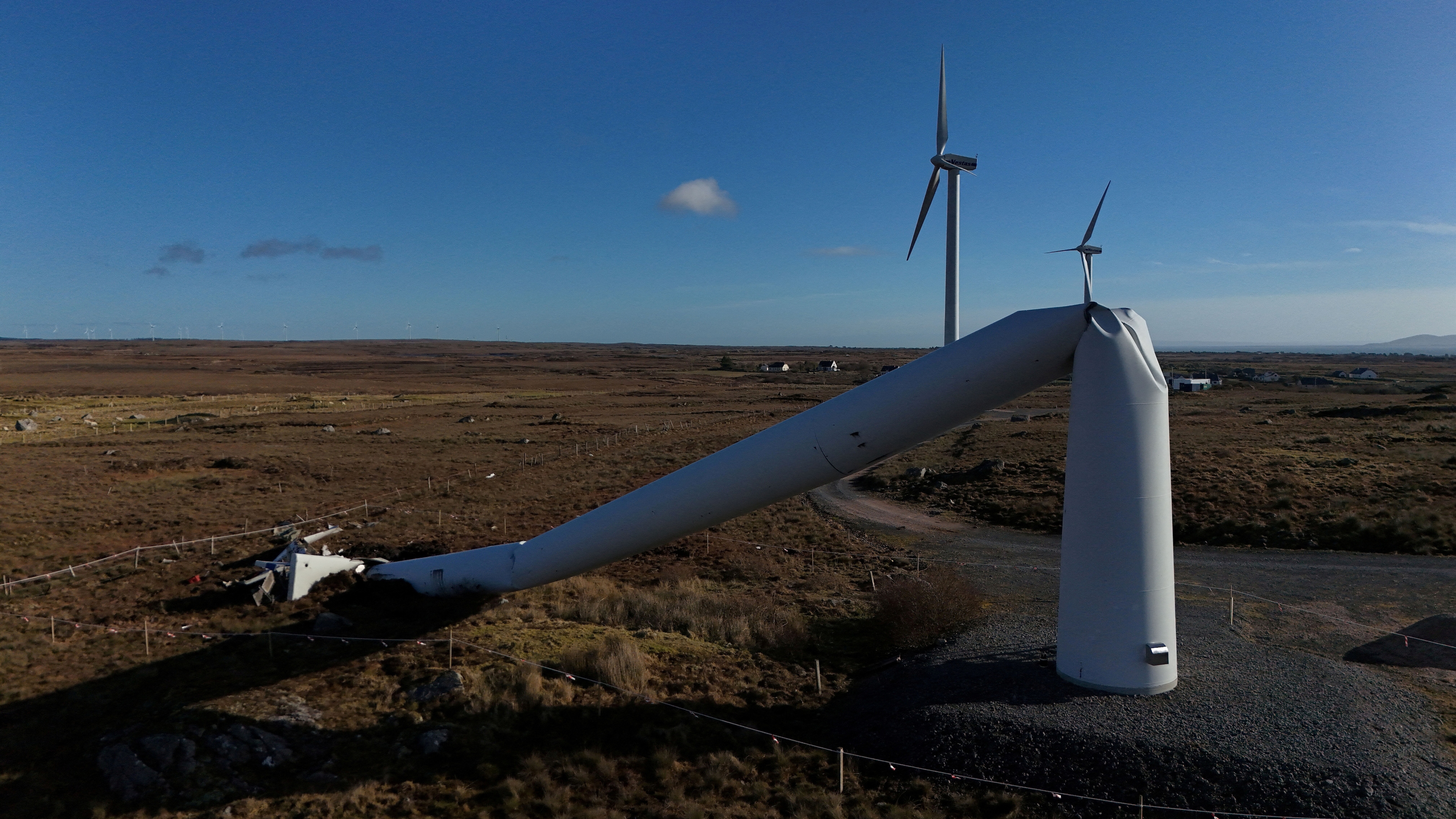Consumers have become less vigilant about climate change during the pandemic

'Fewer than one in five respondents said they’ve made a lot of changes to their behaviour out of concern for the climate.'
Image: UNSPLASH/Brian Yurasits
Stay up to date:
Climate Crisis
- Fewer consumers are practicing green behaviour during the pandemic, Ipsos survey shows.
- Poll results suggest COVID-19 upheaval has weakened concern about environmental impact.
- Nearly a third of respondents say they’ve made no green changes to their daily activities.
Successfully tackling climate change will require all of us to make changes to our behaviour as consumers. But a new survey by Ipsos on behalf of the World Economic Forum shows a decline in the number of changes people are making out of concern about climate change.
In countries from Argentina to the United States, the number of respondents who are changing their behaviour because of climate concerns is slipping. This suggests that the changes to daily life caused by COVID-19 have left people less concerned about the environmental impact of the products they buy and the services they use, according to the poll conducted in late September and early October 2021.
In the survey, more than 23,000 people across 29 countries were asked if their consumer behaviour had changed specifically out of concern about climate change. India and Mexico led the way with the highest percentage of positive responses, but even in those countries the number fell from a previous poll in January 2020.

COP26 gets underway
The new survey comes as world leaders gather in Glasgow, Scotland, for the 26th United Nations Climate Change Conference, known as COP26. Countries around the world are being asked to come forward with 2030 emissions-reduction targets that align with the goal of reaching net zero by mid-century. Leaders are also trying to limit global warming to 1.5C, a key goal of the Paris Agreement.
The message from the UN’s Intergovernmental Panel on Climate Change in August was stark: human-induced climate change is already affecting weather and climate extremes across the globe, and many of these changes are already irreversible. UN Secretary-General Antonio Guterres called the report a “code red for humanity.”
The new Ipsos/World Economic Forum poll shows that fewer consumers share this sense of urgency in their daily lives. Fewer than one in five respondents said they’ve made a lot of changes to their behaviour out of concern for the climate. Nearly a third said they’ve made no changes at all.
Green behaviour
Recycling and composting were the most popular green activities in the survey, with 46% of respondents saying they do these more often because of their concern about climate change. Saving energy at home placed second in the list, followed by avoiding food waste and saving water at home.
Women are more likely than men to report changes in behaviour owing to climate change, the survey shows. When it comes to food waste, 46% of women on average across all countries said they try to avoid it, compared with 36% of men. The same gap is seen with regard to saving water at home.

Creating a circular economy
Changing consumer behaviour is critical in moving beyond our “take-make-dispose” approach to production and consumption, and moving to a circular economy, which promotes the elimination of waste and the continual safe use of natural resources.
What is the World Economic Forum doing about the circular economy?
The World Economic Forum launched the Platform for Accelerating the Circular Economy (PACE) in 2017 as a place for public- and private-sector leaders to make commitments and speed collective action towards the goal of building a circular economy. The Forum also hosts a number of partnerships along global material value chains to advance circular models.
Accept our marketing cookies to access this content.
These cookies are currently disabled in your browser.
Don't miss any update on this topic
Create a free account and access your personalized content collection with our latest publications and analyses.
License and Republishing
World Economic Forum articles may be republished in accordance with the Creative Commons Attribution-NonCommercial-NoDerivatives 4.0 International Public License, and in accordance with our Terms of Use.
The views expressed in this article are those of the author alone and not the World Economic Forum.
Related topics:
Forum Stories newsletter
Bringing you weekly curated insights and analysis on the global issues that matter.
More on Climate ActionSee all
Tom Crowfoot
August 12, 2025
Luis Antonio Ramirez Garcia
August 11, 2025
Michael Fröbel and Stanislas Hillen
August 8, 2025
Elizabeth Henderson and Daniel Murphy
August 8, 2025




